Eurobest
Made in Fukushima. A book made out of rice straw grown on decontaminated farmland.
SERVICEPLAN GERMANY, Munich / METER GROUP / 2019
Awards:
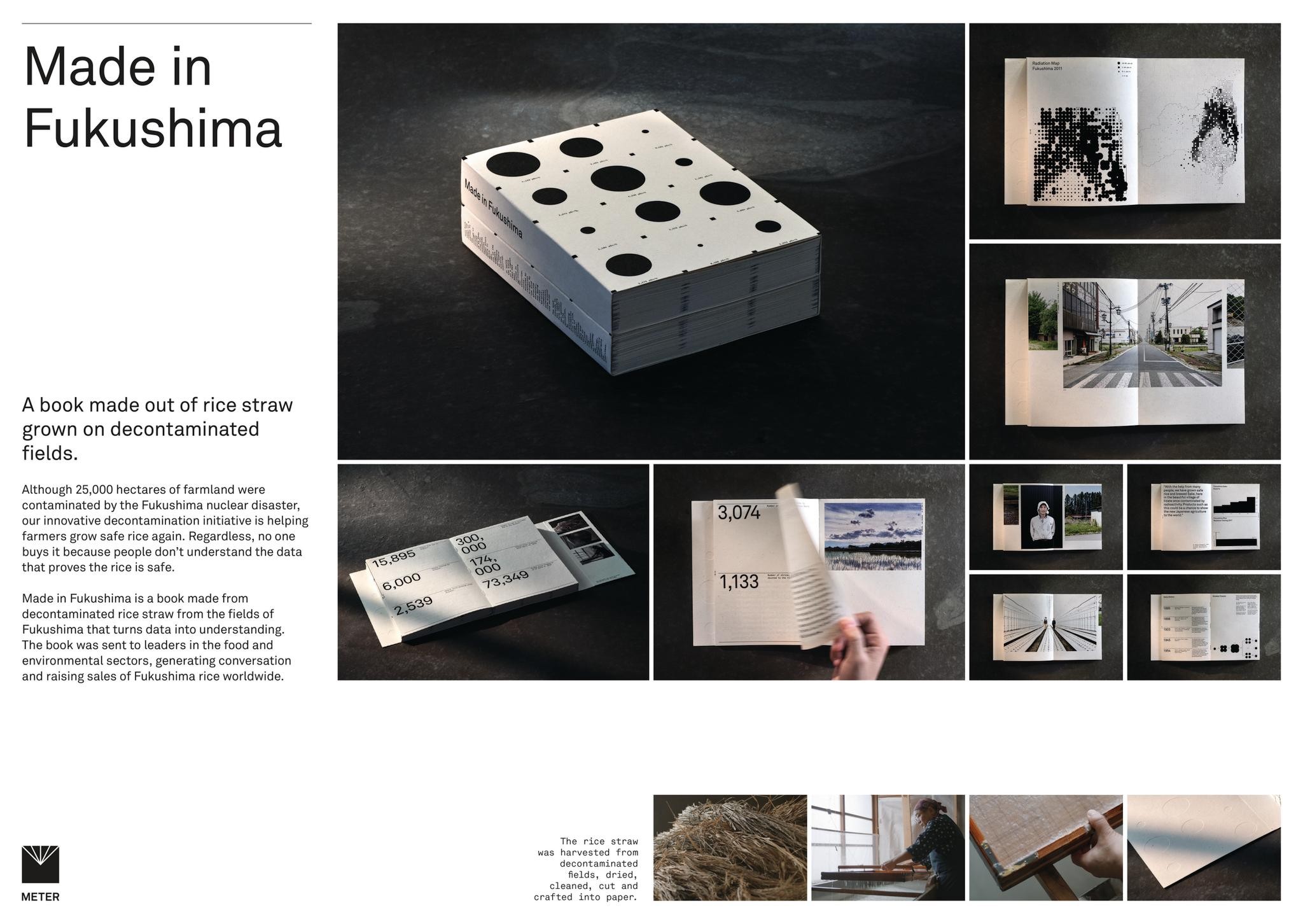
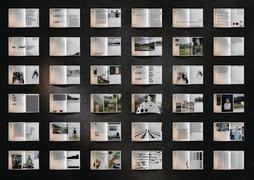
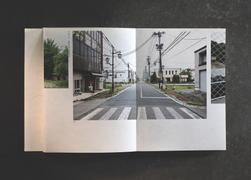
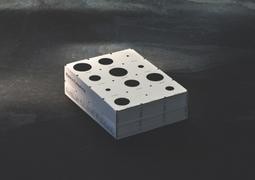
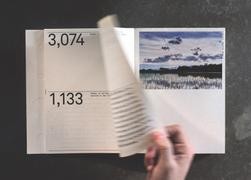
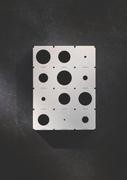
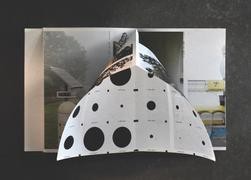
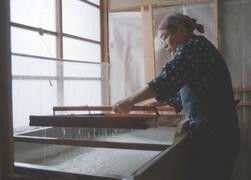
Overview
Entries
Credits
OVERVIEW
Background
On March 11, 2011, a tsunami hit the Fukushima Daiichi Power Plant, triggering the meltdown of the nuclear reactors. In the following days, wind and rain carried the radioactive material inland. More than 25,000 hectares of farmland, in what used to be one of Japan’s most important agricultural regions, were contaminated. Environmental technology specialists from METER, together with Dr. Masaru Mizoguchi from The University of Tokyo and the NPO Fukushima Saisei, have developed a sustainable decontamination method that allows farmers to grow perfectly safe rice again. The data proves that the rice is safe, but no one buys it, because people don’t understand scientific data.
Idea
Made in Fukushima is a book made out of rice straw from the decontaminated fields in Fukushima. It helps people understand that the decontamination method works and that the rice from Fukushima is safe, by turning the rice into the medium and the data into understanding. To tell the story, the book uses a wide range of resources: photography, interviews, reports, background information, data and its visualization.
Strategy
The objective scientific data proves that the rice is safe, but not one buys products from Fukushima because most people don’t understand the complex data.
Consequently, the strategy was to turn this complex scientific data into understanding, by making it tangible. As a leading scientific sensor company present in Fukushima since 1996, METER already had access to a lot of environmental and agricultural data, which was incorporated into the book. Through months of research, more data on science, demographics, economy and ecology from various sources were added. During visits in Fukushima, radiation data was measured which also became part of the book. The data was turned into understanding and tangible proof: By creating a book full of digestible information and data visualization, made out of the rice straw grown on decontaminated fields in Fukushima. The rice straw was harvested, dried, cleaned, cut and crafted into paper.
Execution
Each book contains 296 pages, made out of the rice straw grown on decontaminated fields in Fukushima. The rice straw was harvested, dried, cleaned, cut and crafted into paper. Paper experts worked together to produce unique paper that contains a visible part of rice straw without distracting from the content. The book tells the story of the region, the disaster and the decontamination, the farmers and their products. It relies on a wide range of resources: photography, historical images, interviews, reports, poetry, scientific papers, but most importantly: data, visualized through different techniques. From the cover to infographics, and even the Japanese binding inside pages of pages with photography, which were used to show the radiation at the locations the photos were taken. All in a distinctive and coherent aesthetic that combines traditional Japanese with modern design. Some visualizations and all inside pages were designed with data through processing.
Outcome
More than two years in the making, Made in Fukushima was published in 2019 with a first edition of 1000 copies. Books were sent to decision makers in the environment and food industries to which METER has access through their other products. From this and PR, many conversations and millions of contacts were created – as well as new business: The price of Fukushima rice is on the rise, and the sustainable decontamination method is being used by more farmers and organizations in Fukushima and beyond.
Similar Campaigns
1 items